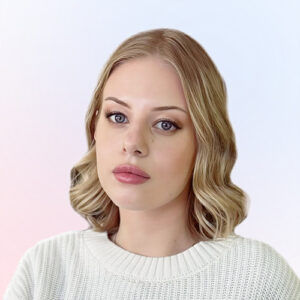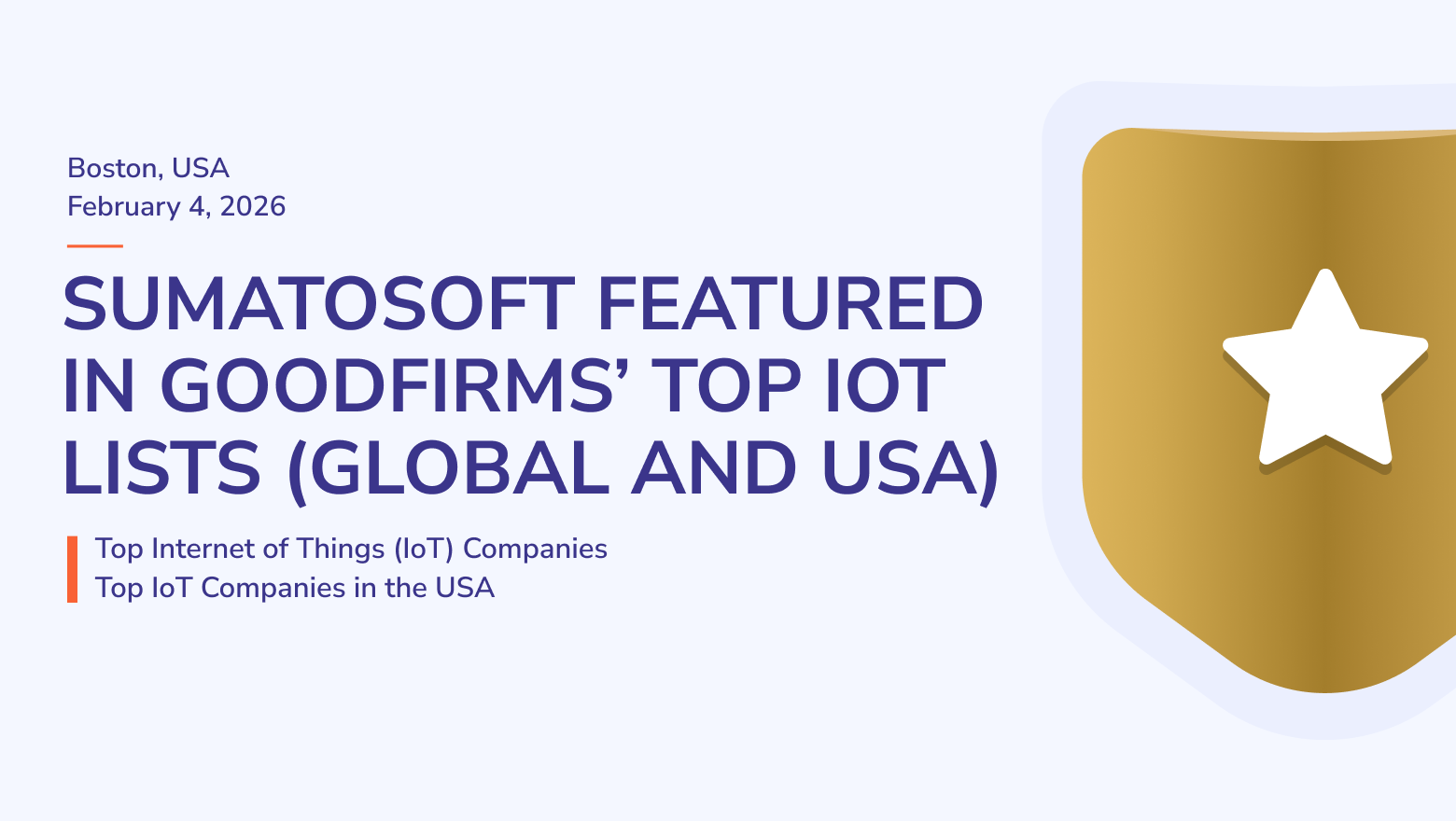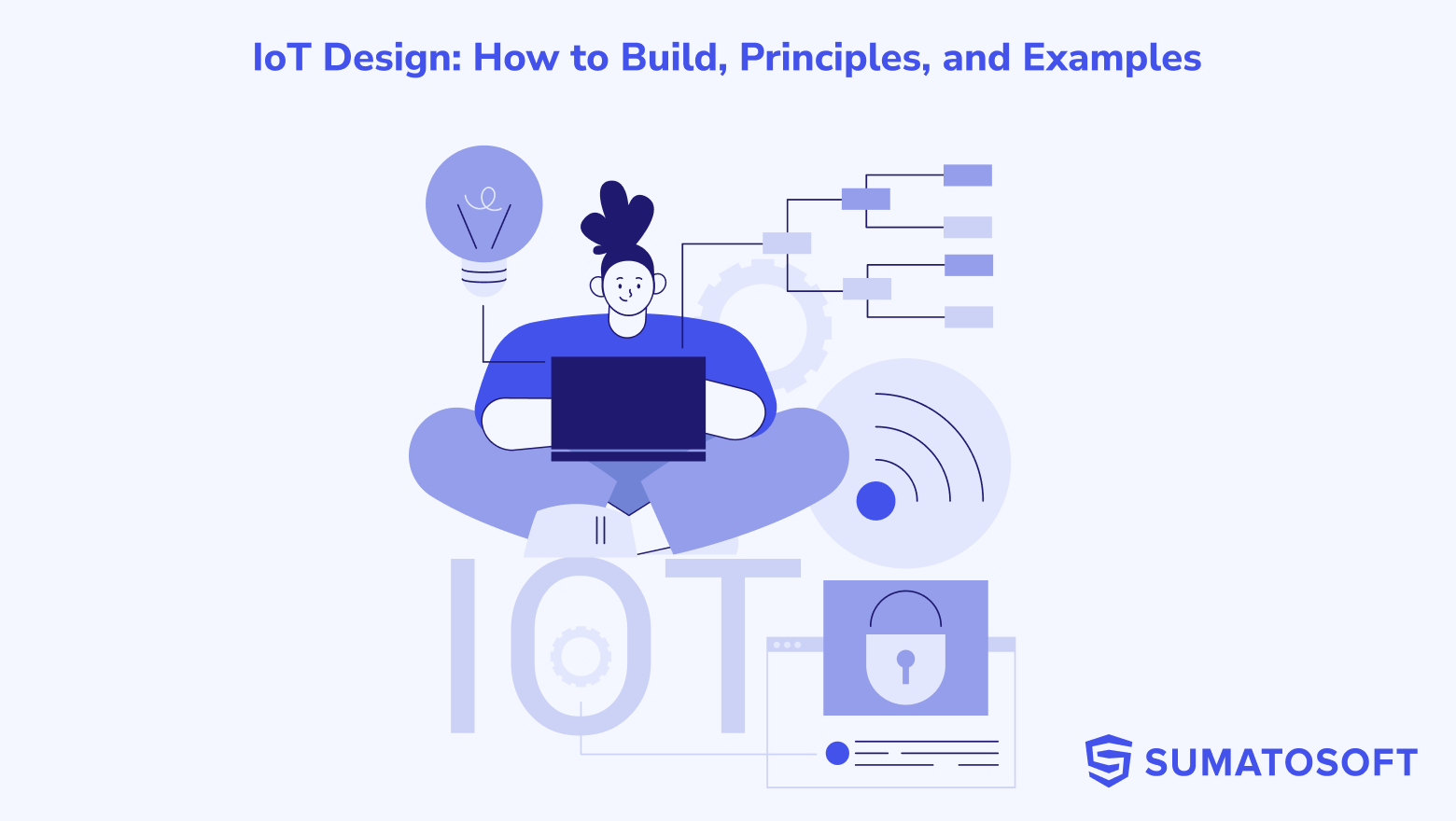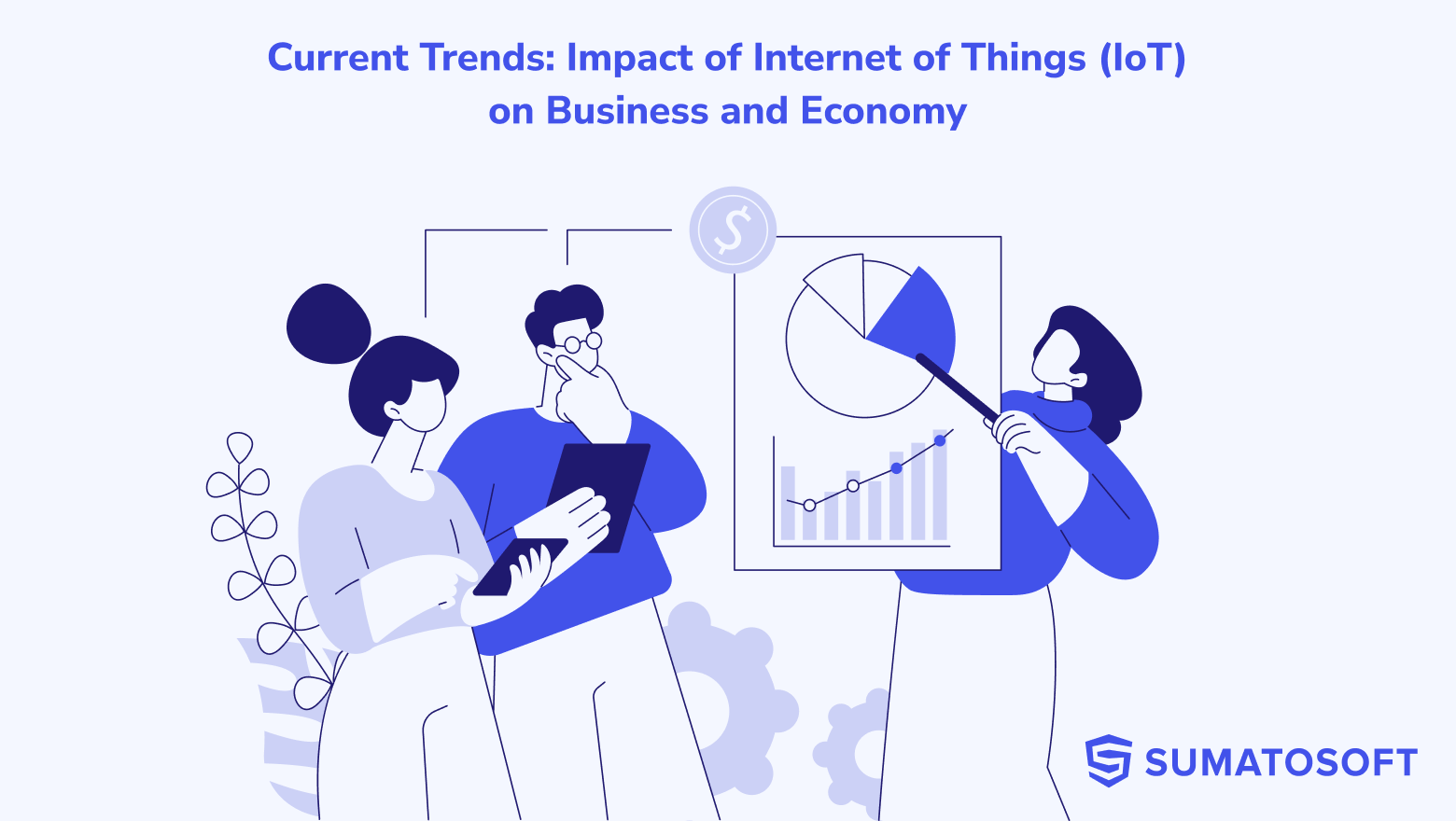Best Choice: Software for Remote Patient Monitoring and Telemedicine
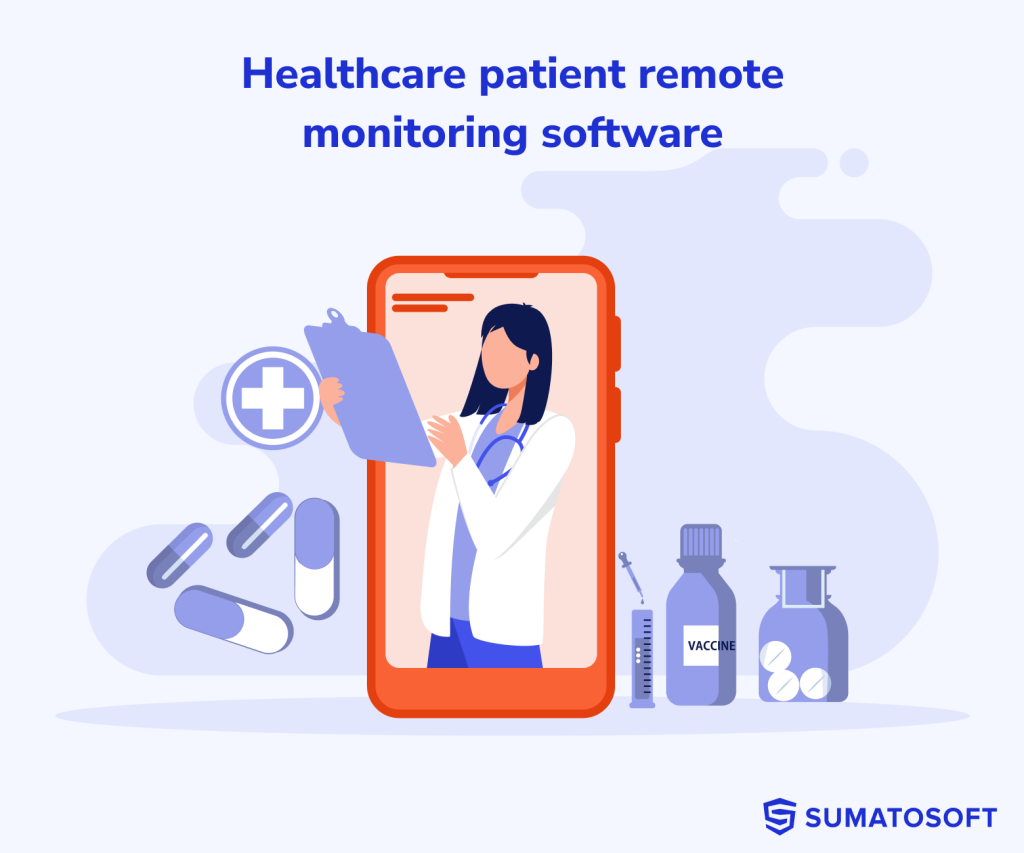
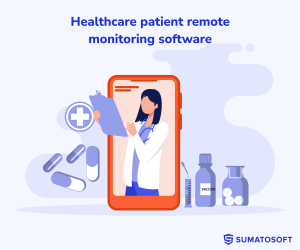
Do you know that health monitoring encompasses much more than just wearing a fitness band?
From patches for continuous glucose monitoring and teleconsultation platforms to sophisticated fall detection systems and interactive voice response technologies, the realm of healthcare solutions is vast and varied. In this article, we’ll delve into the diversity of telemedicine and remote patient monitoring software, naming the top tools in the field.
This piece is the second installment in a series of articles based on our extensive whitepaper on IoT’s role in healthcare, written in December 2023. The first article was devoted to healthcare iot trends.
Before we start, I want to clarify several similar and sometimes confusing words in this field.
Decoding the Terminology: Understanding Telemedicine and Remote Monitoring Software
In the realm of telemedicine and remote patient monitoring software, there are three main terms that are used to describe solutions.
- Web platforms. These are online portals or websites that facilitate telemedicine services. They might offer features like video consultations, patient data management, and integration with electronic health records (EHRs). Web platforms are accessible through internet browsers and are often used by healthcare providers and patients for virtual appointments and data management.
- Mobile applications. Apps designed for smartphones or tablets that support health monitoring and telemedicine services. These apps can range from medication reminders to mobile EHR access, and often include features for tracking health metrics or facilitating remote consultations.
- Devices. In the context of telehealth, this term typically refers to medical devices used for monitoring patient health. These can be wearable devices like fitness trackers or specialized medical devices like blood glucose monitors, ECG monitors, and blood pressure cuffs. They are often used together with the term IoT remote monitoring.
The relationship between web platforms, applications and devices in telemedicine and remote monitoring can vary:
Integrated solutions
Many solutions on the market are integrated, meaning the platform (web or mobile) is designed to work seamlessly with specific devices. For example, a remote patient monitoring platform might be tailored to work with a particular brand of blood pressure monitor, ensuring accurate data transmission and analysis.
Standalone platforms
Some platforms are device-agnostic and can work with a range of devices. These platforms might focus more on data aggregation and analysis, pulling in data from various sources.
Device-dependent solutions
Certain healthcare monitoring solutions are heavily dependent on the data from devices. For example, continuous glucose monitoring systems require a specific sensor and transmitter to provide real-time glucose readings.
Platform-only services
There are also services that primarily rely on the platform itself, like teleconsultation apps, where the primary function is to facilitate virtual appointments without necessarily integrating device data.
Understanding these terms and the relationships between the various components of telemedicine and remote patient monitoring software is key to comprehending the full scope and capabilities of these technologies in healthcare.
Leading Tools in Telemedicine and Remote Patient Monitoring
As we examine the array of software in telemedicine and remote patient monitoring, we find that many defy singular classification. They are designed to serve multiple healthcare functions simultaneously.
Many tools and platforms are designed to be multifunctional and often fit into multiple categories.
Wearable devices, for example, can track both fitness for consumer use and vital health metrics for medical purposes. Mobile apps may consolidate functions like health tracking, teleconsultation, and AI-driven insights.
In this section, I will highlight the primary features of these tools while also addressing their extended capabilities within the healthcare technology ecosystem. This approach acknowledges the complexity inherent in today’s multifunctional solutions. We’ll discuss 9 categories:
- teleconsultation platforms;
- remote monitoring systems;
- wearable health devices;
- mobile health apps;
- integrated patient care platforms;
- specialized monitoring tools;
- data analytics and AI platforms;
- telepsychiatry and mental health platforms;
- home health care solutions.
#1 Teleconsultation Platforms
Teleconsultation platforms serve as virtual clinics, enabling patients to consult with healthcare providers from the comfort of their homes. They offer opportunities for increased healthcare access, particularly in underserved areas, and support a range of services from general health inquiries to mental health sessions. These platforms often include features like video calling, appointment scheduling, and secure messaging.
Teladoc
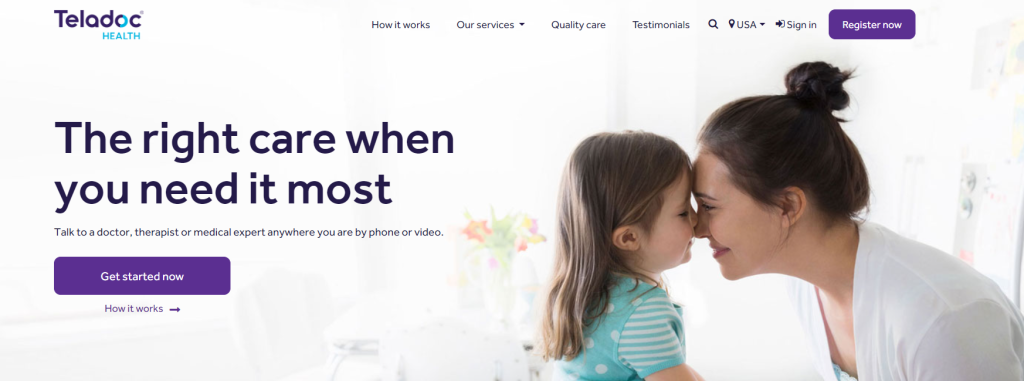
Teladoc provides a broad spectrum of healthcare services, offering 24/7 access to medical professionals through video consultations. It allows for immediate care for common health issues and specialist services, making healthcare more accessible.
Distinctive features:
- allows round-the-clock connection with medical professionals for flexible healthcare access;
- facilitates home-based, live interactions with healthcare providers for convenience;
- covers a broad spectrum of healthcare needs, from common ailments to specialist care;
- easily integrates with current healthcare systems for improved patient care continuity.
Amwell
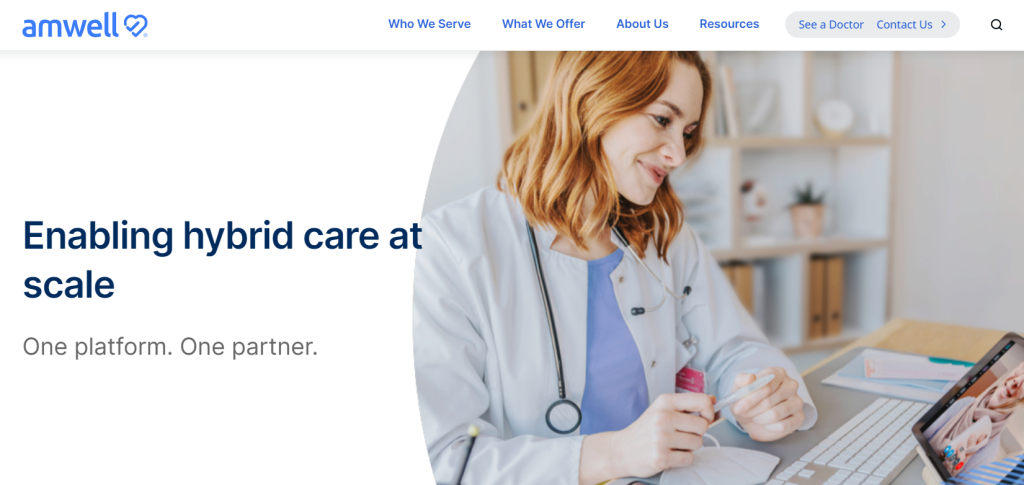
Amwell connects users with doctors for live, on-demand video visits and can also facilitate follow-up appointments and specialist consultations. It has been particularly useful for managing chronic conditions and urgent care situations.
Distinctive features:
- enables live, on-demand video consultations for immediate medical access;
- supports both initial and follow-up appointments for comprehensive care;
- offers specialist consultations for a wide range of healthcare needs;
- focuses on chronic condition management for long-term patient care.
#2 Remote Monitoring Systems
Remote Monitoring Systems are designed to continuously collect and transmit patient health data, facilitating timely interventions and reducing the need for in-person visits. These systems support chronic disease management, post-discharge care, and preventive health measures by providing real-time data to healthcare professionals, which can lead to better patient outcomes and optimized care processes.
Philips eICU
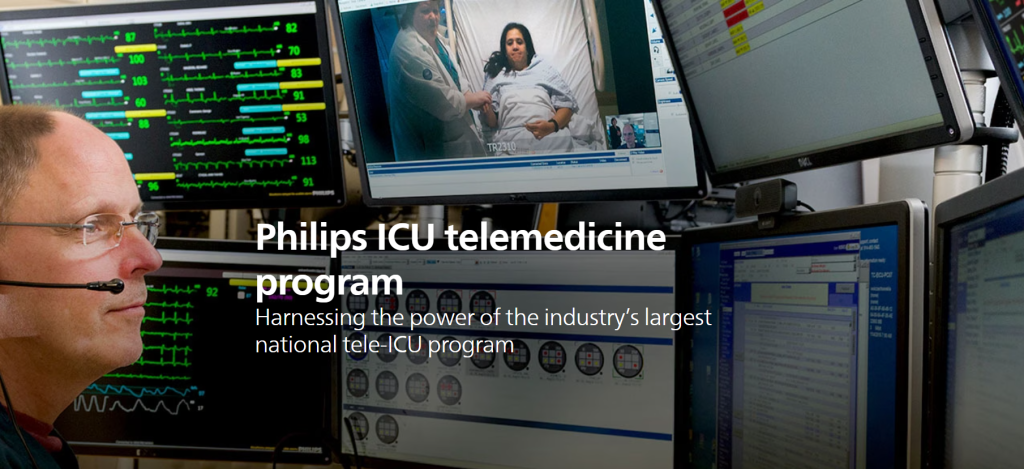
Philips’ eICU program is a comprehensive remote patient monitoring software that uses advanced algorithms and machine learning to analyze patient data. It provides critical care teams with the insights needed to make informed decisions, potentially reducing mortality rates and length of stay in ICUs.
Distinctive features:
- provides remote patient monitoring for continuous care;
- utilizes predictive analytics for proactive health management;
- incorporates advanced audio-visual technology for enhanced communication;
- manages and integrates data for comprehensive patient overview.
Medtronic Care Management Services
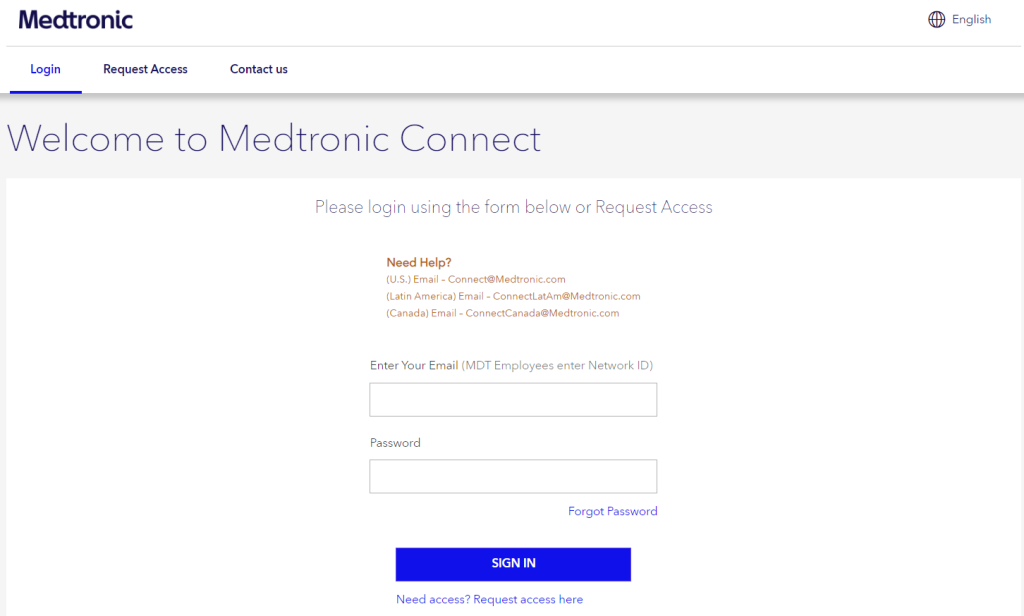
Medtronic offers a suite of remote monitoring services that cater to various chronic conditions. Their platforms support patient engagement and education while allowing clinicians to monitor patient health and adjust treatment plans as necessary, aiming to reduce hospital readmissions and improve quality of life.
Distinctive features:
- focuses on remote patient monitoring for varied health conditions;
- personalizes care plans tailored to individual patient needs;
- includes patient engagement tools for active self-care participation;
- enables integration with multiple devices for versatile data collection.
#3 Wearable Health Devices
Wearable Health Devices track a variety of health and wellness metrics, such as heart rate, activity levels, and sleep patterns. They empower users with personal health insights and provide healthcare providers with essential data for remote monitoring and health management. The use of these devices facilitates proactive healthcare, personalized medicine, and can lead to better health outcomes.
Fitbit
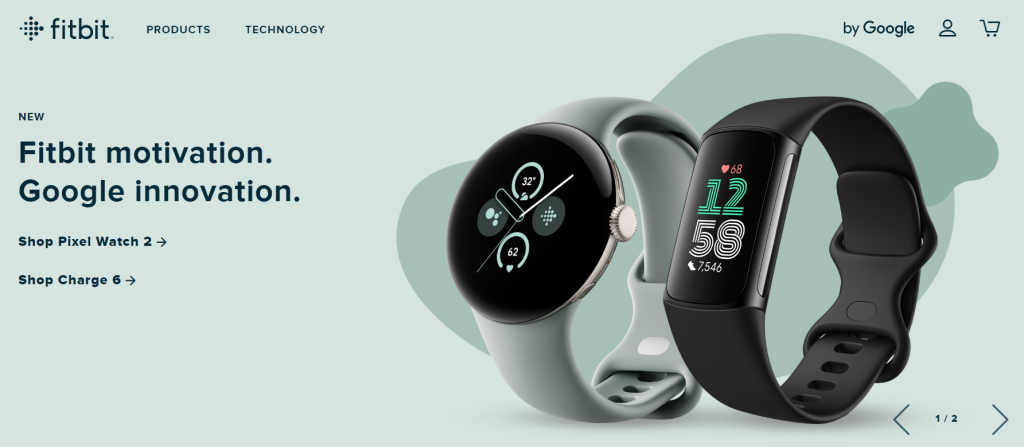
Fitbit devices offer a range of health monitoring features, including step counting, heart rate tracking, and sleep analysis. Their integration with smartphones and online dashboards enables users and healthcare providers to monitor health trends over time, which can be vital for disease prevention and lifestyle management.
Distinctive features:
- tracks physical activity and health metrics for fitness monitoring;
- includes sleep tracking for comprehensive wellness analysis;
- offers heart rate monitoring for cardiovascular health insights;
- supports smartphone notifications and app integrations for connectivity.
Apple Watch
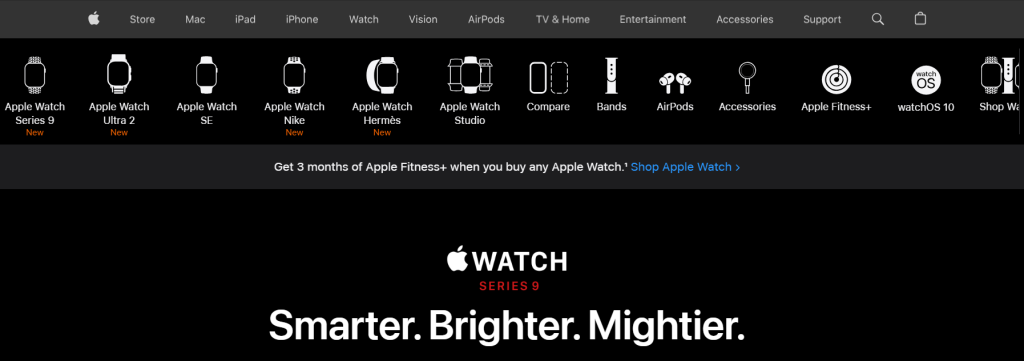
Beyond its consumer-focused features, the Apple Watch has significant health-tracking capabilities like ECG monitoring, fall detection, and fitness tracking. It has been increasingly used in health studies and remote patient monitoring setups, providing valuable data for both users and researchers.
Distinctive features:
- provides health and fitness tracking with precision;
- includes ECG and heart rate monitoring for cardiac health;
- offers fall detection and emergency SOS for safety;
- supports mobile and app functionalities for enhanced usability.
Garmin Wearable Devices
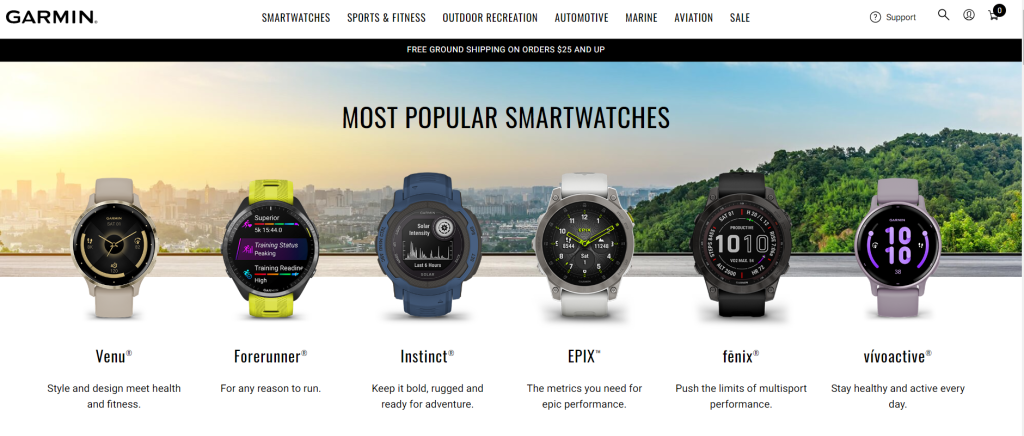
Garmin’s range of wearables goes beyond fitness tracking to include stress tracking and sleep monitoring. With advanced sensors, Garmin devices offer detailed insights into users’ physical activity and health status, which can be synced to a smartphone for detailed analysis and can be shared with healthcare providers to support wellness and disease management programs.
Distinctive features:
- specializes in GPS and fitness tracking for outdoor activities;
- monitors heart rate and health metrics for comprehensive wellness;
- offers long battery life for extended use in remote locations;
- includes customizable features for personalized user experience.
#4 Mobile Health Apps
Mobile Health Apps are accessible tools for patients to manage their health and wellness. it’s also the most prevalent and widespread type of healthcare solution on the market in combination with wearable health IoT devices.
Health apps provide functionalities such as medication tracking, health education, symptom checking, and personal health record keeping. These apps can improve patient engagement, adherence to treatment, and allow for personalized health tracking, often acting as a bridge between traditional healthcare services and patients’ daily lives.
Headspace
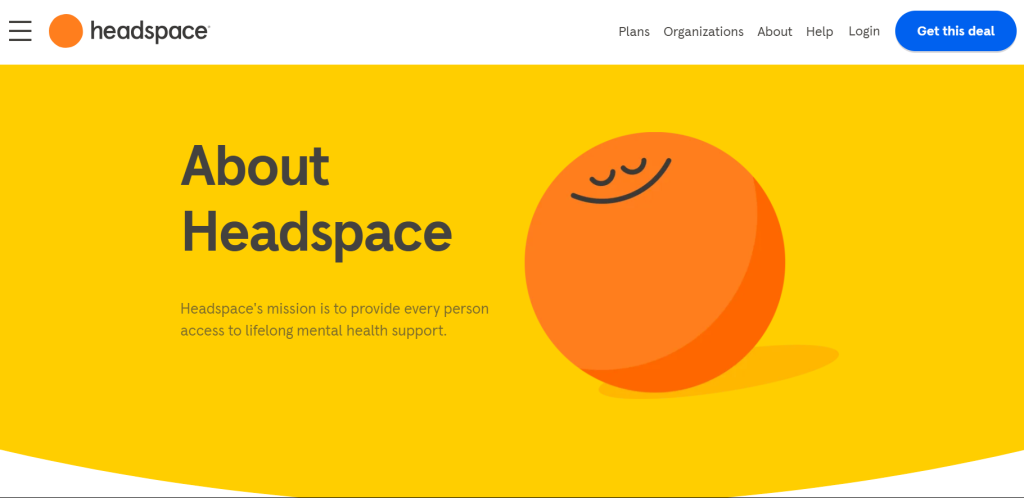
Headspace is a mental health app designed to provide guided meditation and mindfulness exercises. It’s used by individuals looking to reduce stress, improve sleep, and increase overall mental well-being. The app also offers tracking features to monitor users’ moods and progress over time.
Distinctive features:
- offers guided meditation and mindfulness exercises for stress reduction;
- aids in improving sleep and enhancing overall mental well-being;
- features mood and progress tracking for personal mental health monitoring.
Epocrates
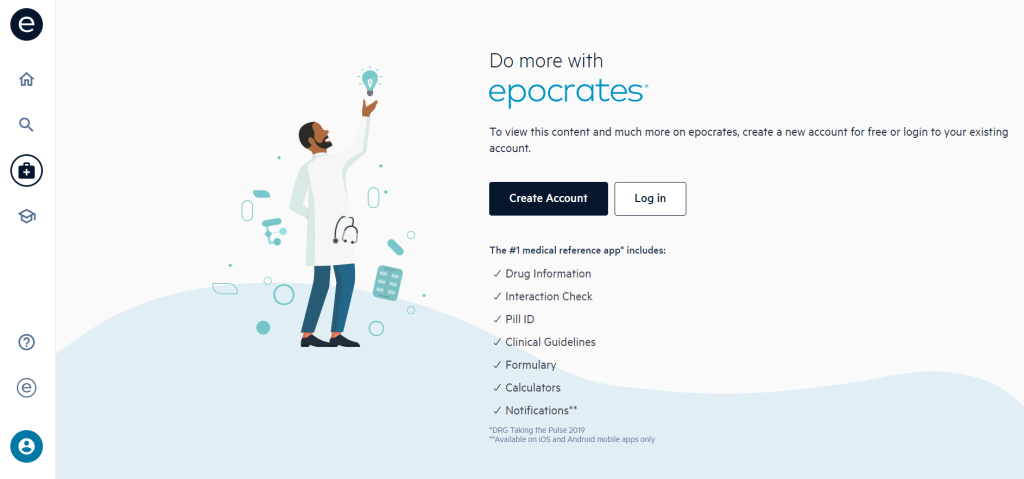
This is an app designed for healthcare professionals, providing a wealth of resources such as drug information, disease content, and clinical practice guidelines. While it’s a professional tool, it significantly impacts patient care by supporting clinicians in decision-making and treatment planning.
Distinctive features:
- comprehensive drug and disease information;
- clinical practice guidelines and decision support;
- treatment planning assistance for clinicians.
MyFitnessPal
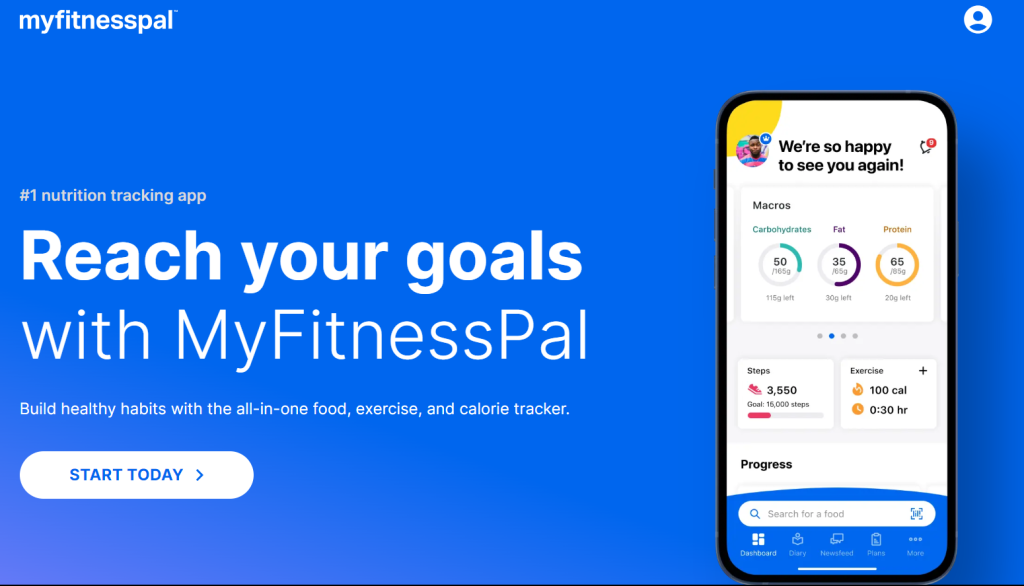
A comprehensive health and fitness app, MyFitnessPal helps users track their diet and exercise, set personal health goals, and gain insights into their nutritional intake. It is often used in conjunction with weight loss or fitness programs, providing a platform for users to monitor their progress.
Distinctive features:
- diet and exercise tracking;
- nutritional intake analysis;
- goal setting and progress monitoring for fitness.
#5 Integrated Patient Care Platforms
Integrated Patient Care Platforms offer a unified approach to patient management by combining electronic health records (EHR), telehealth capabilities, and data analytics. These platforms streamline clinical workflows, enhance patient-provider communication, and support decision-making with comprehensive patient data. They are pivotal for coordinated care, enabling better health outcomes through integrated services.
Cerner
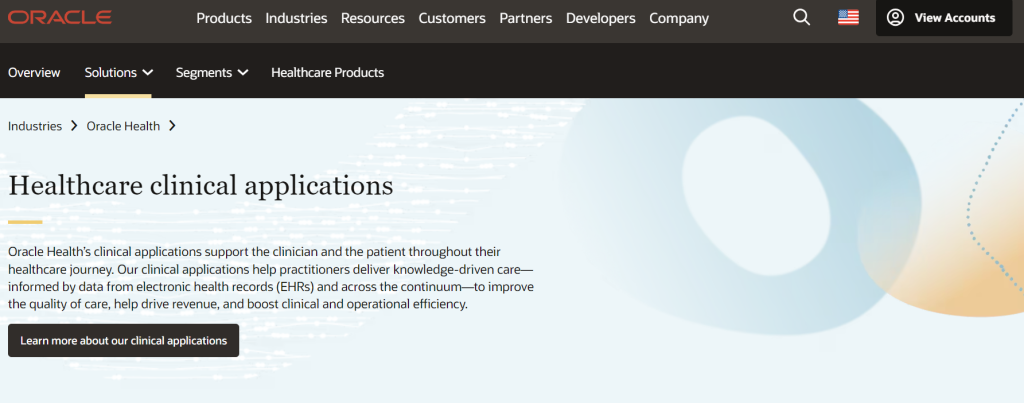
Cerner, now a part of Oracle, provides health technologies that connect systems at more than 27,500 provider facilities globally. Their solutions cater to the clinical, financial, and operational needs of healthcare organizations of all sizes, promoting effective care coordination and management.
Distinctive features:
- healthcare informational system;
- multi-faceted solutions for diverse healthcare needs;
- global connectivity and data coordination.
Epic MyChart
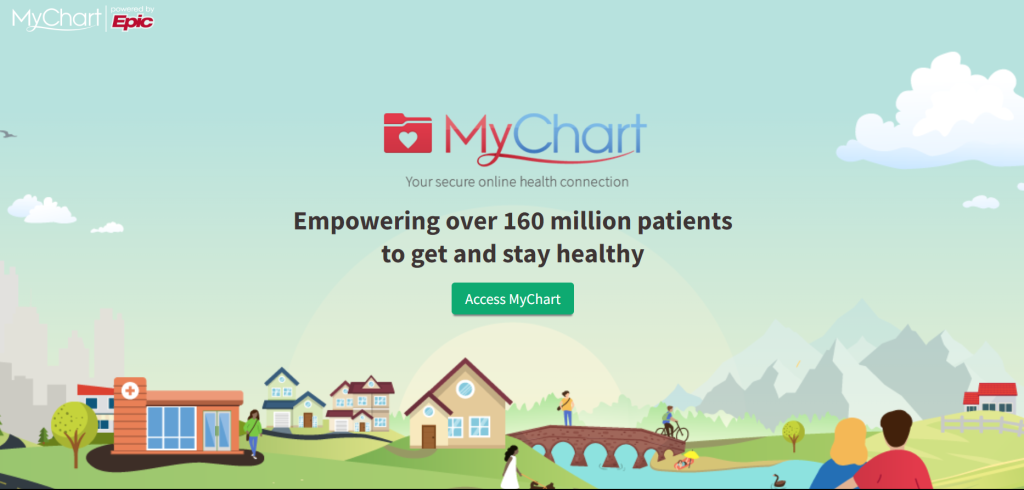
Epic’s MyChart allows patients to access their EHR from anywhere, schedule appointments, communicate with their care team, and share their health data with external apps. It supports virtual visits and is widely used across the healthcare system to enhance the patient experience and improve care delivery.
Distinctive features:
- remote EHR access and management;
- appointment scheduling and team communication;
- health data sharing and interoperability;
- virtual visit functionality.
#6 Specialized Monitoring Tools
Specialized Monitoring Tools are tailored for specific health conditions, providing targeted monitoring and management capabilities. These tools often include devices or applications designed for conditions like diabetes, heart disease, or respiratory issues. They offer precision monitoring, alert systems, and detailed data analysis to assist in managing these conditions more effectively.
Dexcom G6
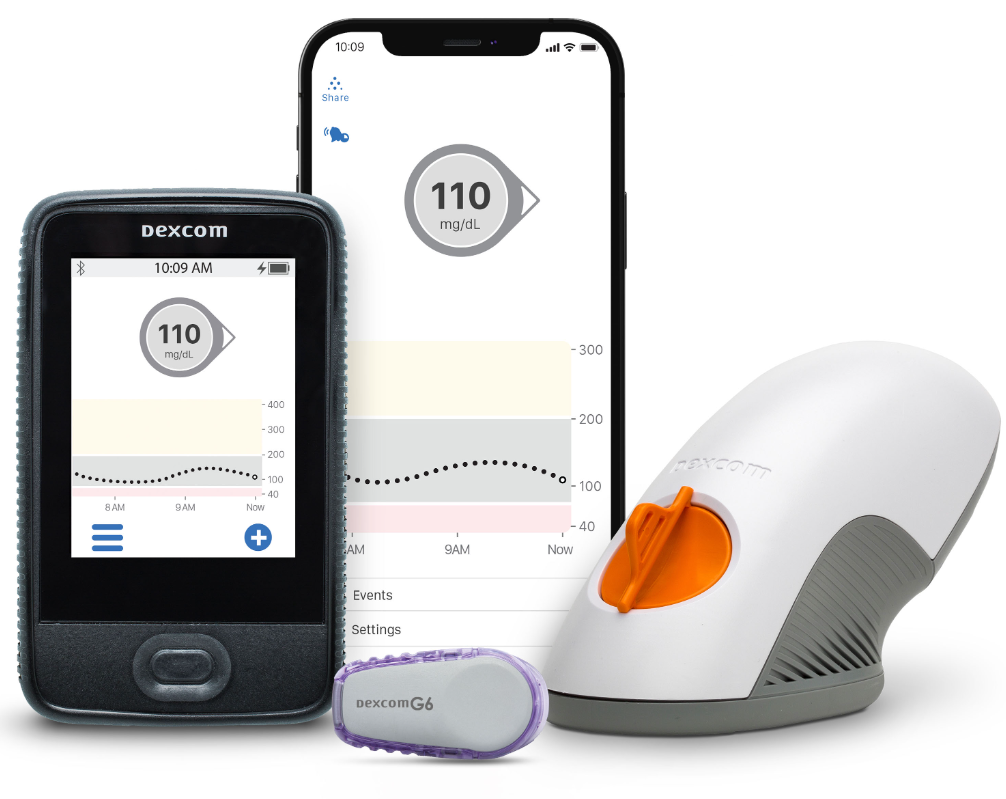
Dexcom G6 is a continuous glucose monitoring (CGM) system used extensively in diabetes management. It provides real-time glucose readings, sends alerts for high and low blood sugar levels, and can transmit data directly to a smartphone, allowing for better glucose control and lifestyle adjustments.
Distinctive features:
- continuous glucose monitoring;
- real-time glucose readings;
- predictive alerts for glucose levels.
AliveCor KardiaMobile
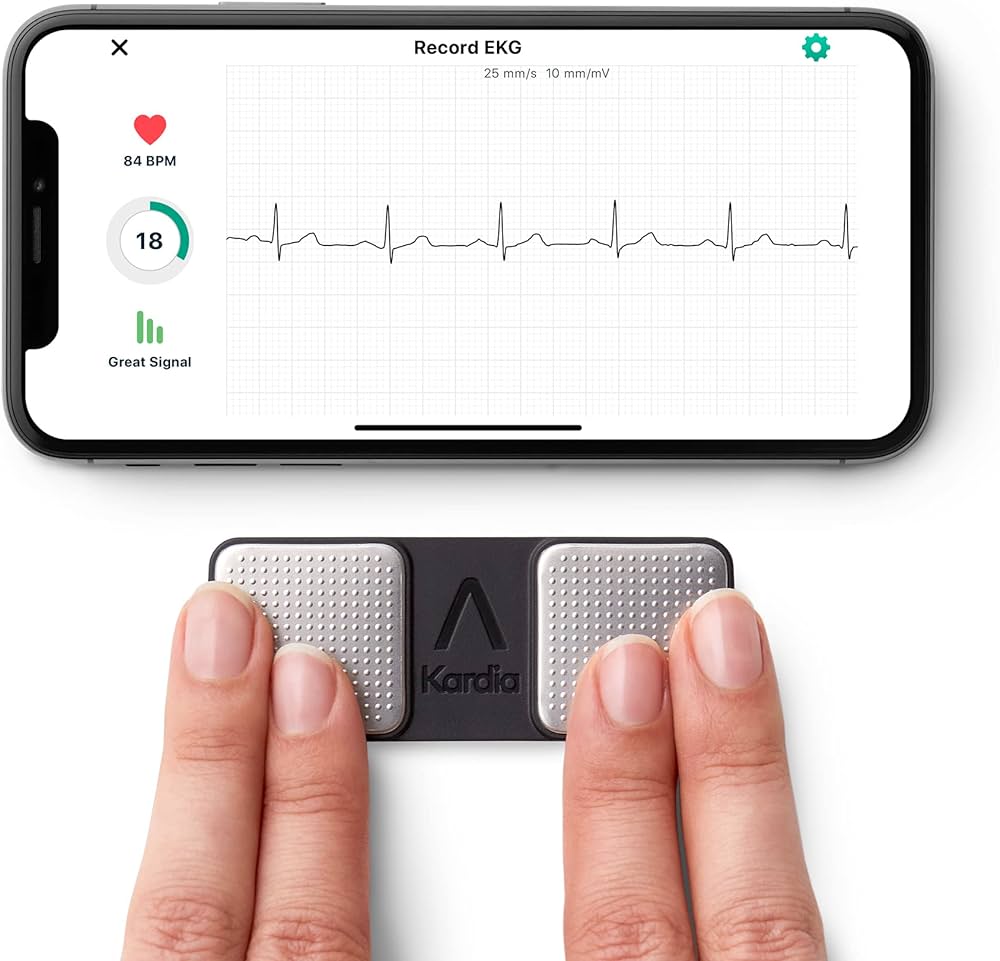
This is a compact ECG device that provides medical-grade heart rhythm monitoring. Used primarily for detecting atrial fibrillation and other heart conditions, KardiaMobile allows users to take a 30-second ECG, share results with their doctors, and detect abnormalities in their heart rhythm.
Distinctive features:
- portable ECG monitoring;
- detection of atrial fibrillation, bradycardia, and tachycardia;
- smartphone compatibility for easy data access.
#7 Data Analytics and AI Platforms
Data Analytics and AI Platforms in healthcare use advanced algorithms to process large volumes of health data, offering insights for diagnosis, treatment plans, and patient care optimization. These platforms can predict health trends, identify risk factors, and support healthcare providers in making evidence-based decisions. They are increasingly vital in personalized medicine and population health management.
IBM Watson Health

IBM Watson Health leverages AI to analyze diverse healthcare data. It assists in clinical decision-making, drug discovery, and patient care, providing insights derived from vast amounts of medical literature and patient data.
Distinctive features:
- advanced data analytics for healthcare insights;
- AI-driven patient care solutions;
- support for clinical decision-making and research.
Google DeepMind Health
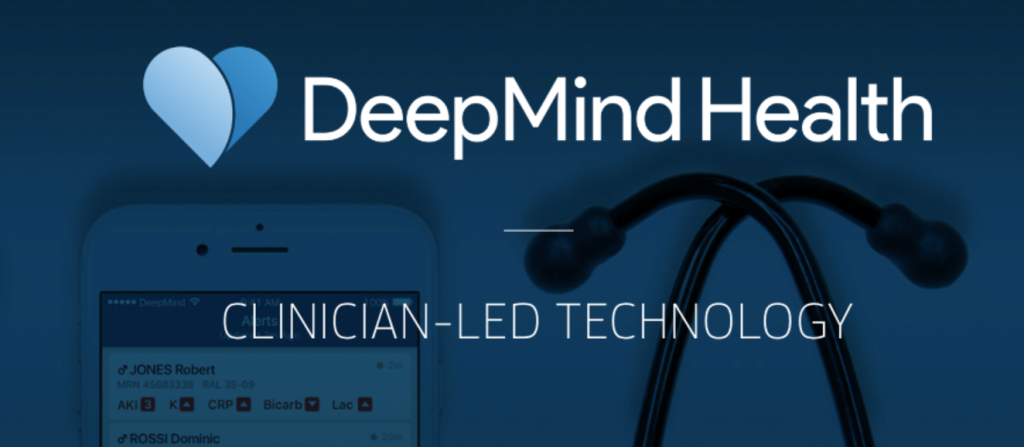
DeepMind Health applies AI and machine learning to solve complex health problems. It works on projects like predicting patient deterioration, streamlining radiotherapy planning, and improving the accuracy of eye disease diagnosis through data analysis.
Distinctive features:
- AI-powered medical research tools;
- healthcare data analysis and predictions;
- collaborations with hospitals for improved healthcare services.
#8 Telepsychiatry and Mental Health Platforms
Telepsychiatry and Mental Health Platforms specialize in providing mental health services remotely. These platforms offer a range of services including therapy, counseling, and psychiatric consultations, making mental health care more accessible and convenient for patients. They are particularly important for reducing barriers to mental health care, such as stigma or geographical limitations.
Talkspace
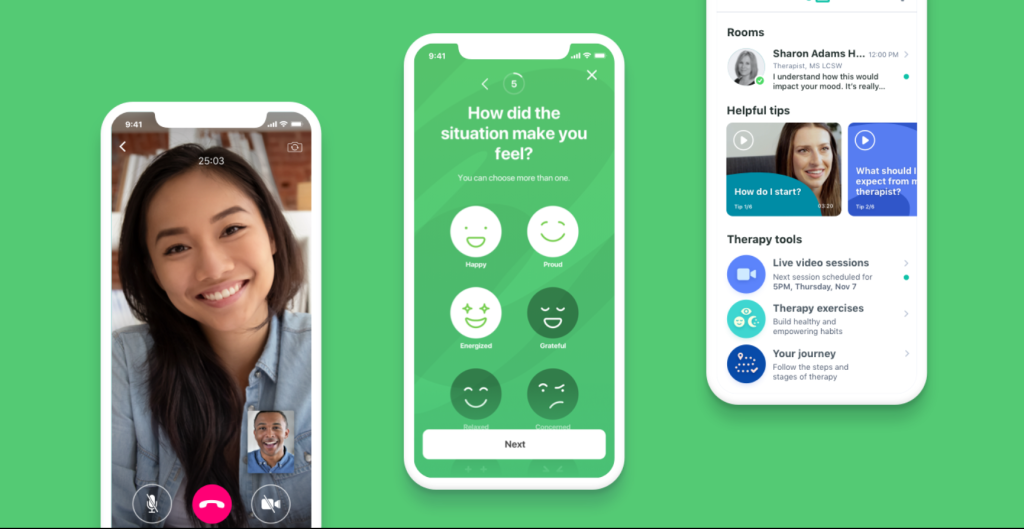
Talkspace is an online therapy platform that connects users with licensed therapists for text, voice, and video sessions. It offers a flexible and discreet way for individuals to receive mental health support, catering to a wide range of mental health issues.
Distinctive features:
- online therapy with licensed therapists;
- text, voice, and video communication options;
- personalized treatment plans;
- support for a wide range of mental health issues.
BetterHelp
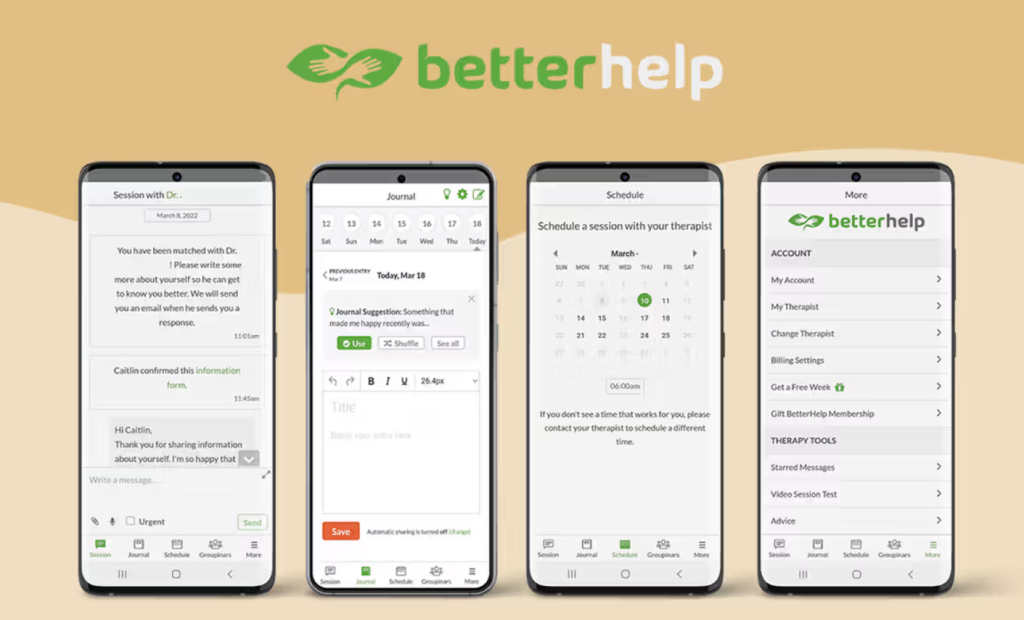
BetterHelp provides online counseling and therapy services, connecting users with professional counselors through a secure and convenient platform. It offers services via messaging, live chat, phone, and video sessions, accommodating different preferences and needs.
Distinctive features:
- access to a large network of licensed therapists;
- various communication modes including messaging, live chat, phone, and video;
- flexible scheduling for therapy sessions;
- therapy options for individuals, couples, and teens.
#9 Home Health Care Solutions
Home Health Care Solutions focus on providing medical care and support services in the patient’s home. These solutions are designed for elderly care, post-operative care, chronic disease management, and other situations where patients benefit from receiving care in a familiar environment. They often include a combination of professional healthcare services, telehealth support, and remote monitoring, enhancing the quality of life for patients who require continuous care.
Home Instead
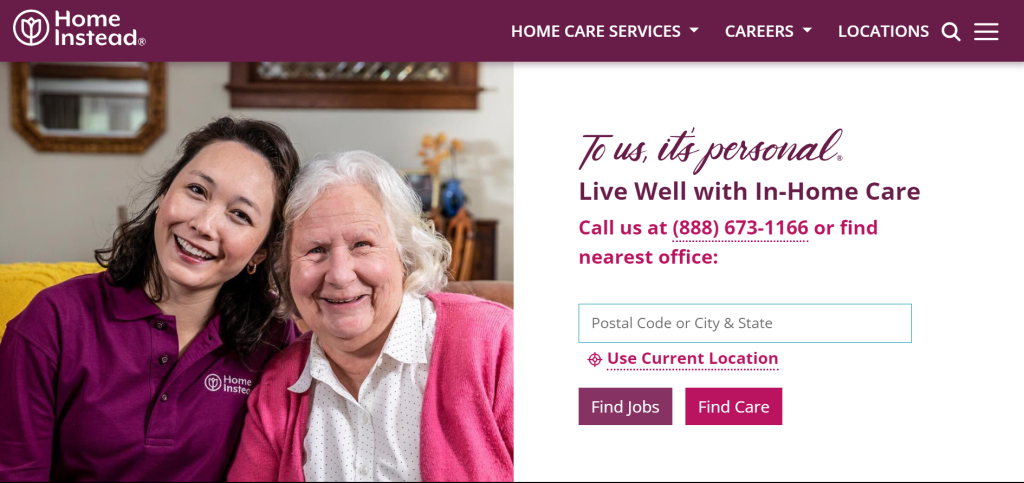
Home Instead offers personalized in-home care services, ranging from companionship and personal care to specialized Alzheimer’s and dementia care. Their services are designed to help seniors maintain their independence and quality of life in their own homes.
Distinctive features:
- personalized in-home care services;
- specialized care for aging adults;
- support with daily activities and companionship;
- flexible care plans tailored to individual needs.
Axxess
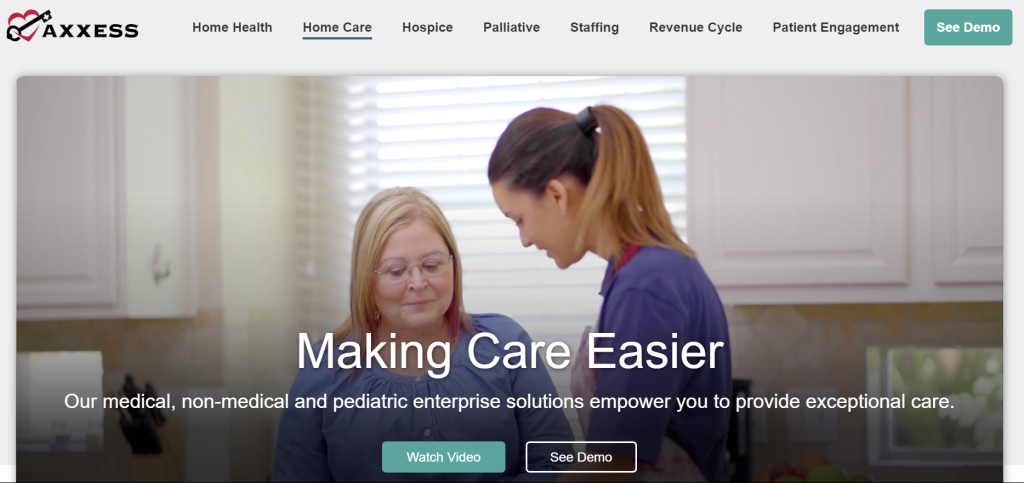
Axxess provides a suite of home healthcare software solutions, facilitating efficient care coordination, billing, scheduling, and compliance for home health agencies. Their platform also integrates telehealth and remote care capabilities, streamlining home health management.
Distinctive features:
- integrated home healthcare software solutions;
- management of clinical, administrative, and financial processes;
- real-time data access and reporting;
- compliance and revenue cycle management tools.
Home Health Care Solutions represent an important aspect of modern healthcare, offering patients the comfort and convenience of receiving care in their own homes while ensuring they have access to the medical support they need. This concludes our exploration of the leading tools in telemedicine and remote patient monitoring.
SumatoSoft’s Way of Developing Telemedicine and Remote Patient Monitoring Platforms
As we saw, healthcare solutions are tightly connected with the medical devices that monitor health vitals. These devices are also called IoT devices or IoT medical devices. And that’s exactly where our expertise lies!
SumatoSoft has been building IoT solutions and web/mobile applications that display the information from the devices since 2012. We cooperate with large companies building custom enterprise software as well as delivering MVPs to startups. We have been named the top IoT company in Boston just recently!
SumatoSoft offers industry-focused IoT solutions for healthcare, retail, manufacturing, smart homes & cities, and automotive domains. Speaking about healthcare, we developed solution for 24/7 glucose monitoring, a mobile application for personalized wellness programs, a medical transportation platform that operates in 26 states of the US, and more.
Every solution SumatoSoft builds comes with excellent security and scalability for future changes in terms of new features, fleet expansion, new users, and increased workload.
SumatoSoft IoT services include:
- all-around IoT applications;
- connectivity management;
- device management;
- data visualization;
- IoT data analytics;
- IoT consulting.
The SumatoSoft team has built 250 custom software solutions for 27 countries for the last 12 years. Clients are satisfied with our results. 4.8 rating on Clutch and 5.0 rating on Goodfirms prove it. Get in touch!
Conclusion
In summarizing the leading tools in telemedicine and remote patient monitoring, it’s clear that the intersection of healthcare and technology is rich with innovation. These tools, ranging from teleconsultation platforms to wearable devices and home health care solutions, are redefining healthcare accessibility and efficiency. They not only facilitate better patient care but also empower individuals in managing their health, aided by advancements in AI and data analytics.
As healthcare continues to evolve, the significance of these technologies grows, promising further enhancements in patient care and healthcare delivery. The future of healthcare, shaped by these innovations, looks towards more personalized, efficient, and accessible care for all.
Let’s start
If you have any questions, email us info@sumatosoft.com
